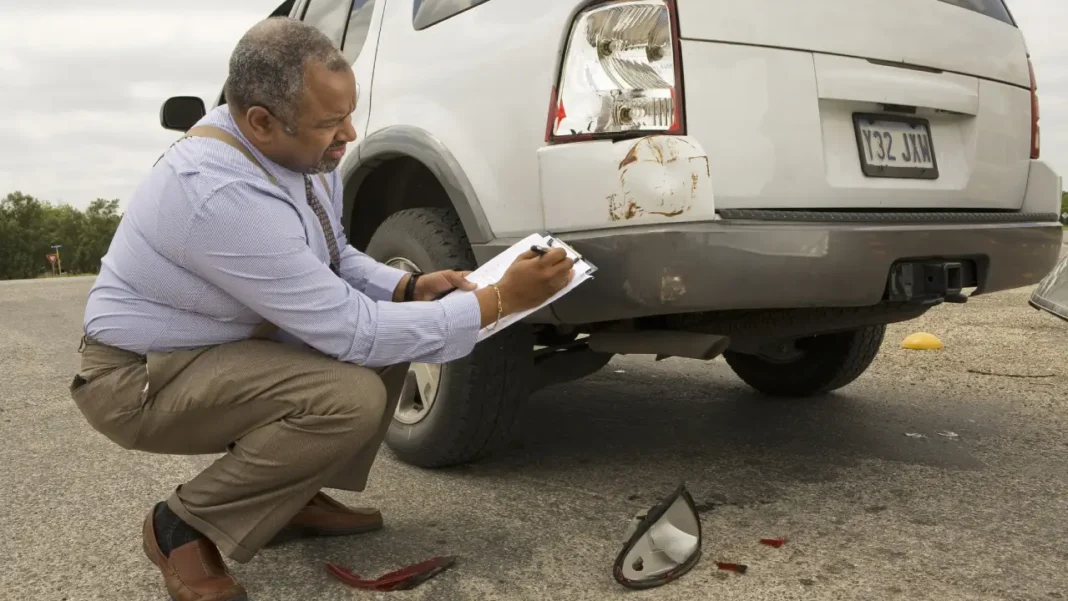What is comprehensive insurance? Think of comprehensive insurance as “bad luck coverage” for your vehicle. It covers damage to your vehicle caused by almost anything other than a traffic accident or a rollover, up to your car’s current worth minus your deductible. This comprises a wide range of uncontrollable incidents, such as a chipped windshield or hail ding, as well as explosions or vandalism.
If you own your own vehicle, comprehensive insurance is optional. However, if you’re financing or leasing it, your lender will most certainly require it.
What comprehensive insurance covers
Comprehensive insurance covers damage to your car caused by a variety of accidents that aren’t traffic-related.
Comprehensive insurance covers damage to your car caused by:
- Weather occurrences include hail, floods, and tornadoes.
- Falling things, such as tree branches.
- Fire or blasts.
- Hitting an animal.
- Car theft and broken windows.
- Earthquakes.
- Vandalism or civil disobedience, like a riot.
Comprehensive insurance does not cover:
- You cause damage or injury to others while driving.
- Your own injuries following an accident.
- Collisions with other drivers or objects might cause damage to your car.
- Personal things in your car.
- Damage from potholes.
- Normal wear and tear.
Who needs a comprehensive insurance policy
Comprehensive insurance becomes less effective as your car ages. This is because it only reimburses you for repairs up to the actual cash value of your car, minus your deductible, which decreases as your car ages.
So, if your car isn’t financed or leased, and you have enough cash to pay unexpected repair or replacement costs, you might want to consider dropping comprehensive insurance if it’s not worth much. Otherwise, it might be worth hanging on to.

How comprehensive insurance works
If your car is damaged in a covered occurrence, you should make a comprehensive claim with your insurance provider. You’ll most likely be required to pay a deductible, which is the amount you agreed to pay out of pocket for a comprehensive coverage claim. Your insurer will cover the remaining repair costs, up to the current market value of your car.
Here’s an illustration of a comprehensive claim in action. Let’s imagine you have a $500 comprehensive insurance deductible and drive a $5,000 car. A tree branch falls on your car causing $2,900 worth of damage, so you file a claim. You would be responsible for the $500 deductible, while your insurer would cover the remaining $2,400.
Comprehensive insurance is a component of “full coverage insurance,” a set of coverage types that often includes:
- Collision insurance, which covers damage to your car after a crash.
- Liability insurance covers the property damage and injuries you cause while driving. It can also provide financial protection in the event of a lawsuit. Almost every state requires a certain amount of liability insurance to drive legally.
How much does comprehensive coverage cost?
In many circumstances, comprehensive and collision coverage are sold together with state-mandated coverage categories, including as liability insurance. When comparing the cost of comprehensive car insurance, it is advisable to consider full coverage insurance. According to ReliableInsurance June 2024 review of auto insurance rates, the median annual cost for full coverage insurance is $1,718.
Your personal price may vary since insurers base their rates on a variety of criteria other than the insurance policy you purchase, such as the car you drive, where you reside, and local theft rates.
Benefits and drawbacks of comprehensive insurance
Not everyone can choose whether or not to purchase comprehensive car insurance. If you’re leasing or financing your vehicle, it’s probably needed. However, if you may remove the coverage, evaluate the worth of your car as well as the following perks and cons:
| Pros | Cons |
| Covers a variety of unexpected events. | Costs more than minimum required coverage. |
| Could save you a lot of money on repair or replacement costs if your car is newer and has a high value. | Isn’t worth the price if your car is older and has little value. |
| Won’t cover damage to your car caused by a collision or hitting a pothole. |


